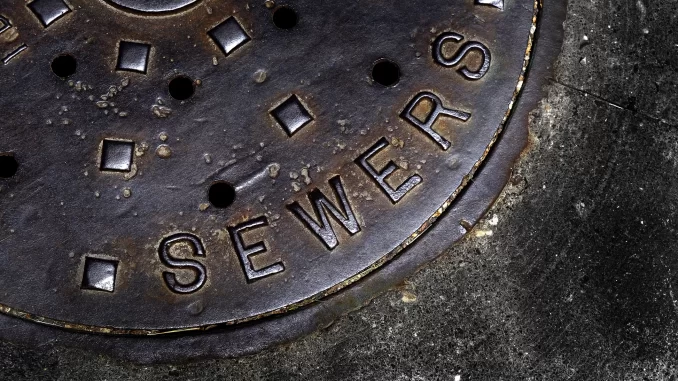
A New York State Supreme Court judge issued a major ruling last week moving forward a lawsuit that seeks to invalidate decisions made by Suffolk County that reversed its promise to repay the Sewer Stabilization Reserve Fund after the funds were raided for general fund purposes.
In 2011, the administration of former County Executive Steve Levy passed a law which allowed for surplus funding in the county’s Sewer Stabilization Fund to be used in part for debt stabilization (about one-third of the total) and about two-thirds for constructing sewers (https://www.newsday.com/long-island/suffolk/levy-announces-sewer-construction-plan-d57590). The succeeding administration put a hold of that plan and the Long Island Pine Barrens Society initiated litigation to invalidate the new environmental law on the grounds that it did not go through a public referendum.
Despite the fact that New York City’s term limit law was altered without a referendum, a Supreme Court judge in Suffolk declared that the sewer program could not move forward without the referendum. Rather than put that same proposal for constructing new sewers back up for a referendum, the new administration siphoned almost $200 million from the fund to pay for police contracts and other operational needs.
The Pine Barrens Society entered into an agreement to allow the new county executive to take this money away from the environmental projects on the condition that the county would be paid back over time.
When Covid hit, the county sought to reverse its promises and, instead, put up for a referendum a new proposal that would allow all the money to be used for general budgetary operations and other non-sewer purposes.
This was done, even though the county is awash in $700 million in reserve funds that came from federal grants as a result of Covid relief packages.
Instead of using these massive reserves to replenish the sewer fund and start building new sewers, various county officials, along with some unions and environmental groups, have called for a referendum to increase the county sales tax to 8.75% to fund sewers.
When the county promoted the referendum in 2020 to avoid having to repay the money it took from the sewer fund, the environmental groups were mostly silent. They didn’t exert much effort or spend much money to defeat that resolution. On the other hand, county unions engaged in a major campaign to pass the referendum so that they could have the money available for more jobs and salaries, as opposed to the original purpose of putting the money towards sewers.
Since there was little to no vocal opposition to the referendum, people believed that it was going to help keep police on the street and battle the pandemic, which was an extreme exaggeration. So, the referendum passed. But the plaintiffs claim that neither a county law, nor even a referendum, can supersede a settlement previously entered into by the county with the environmentalists, promising to pay back the money.
The plaintiffs will probably win this suit.
It’s likely the county is going to have to come up with the money to pay the sewer fund back. That’s why it’s so important that legislators finally get off their duffs and conduct hearings and an in- depth analysis of what is going on with the $700 million in surplus funds.
The county legislature’s majority has been asleep at the switch, allowing the county executive to do what he pleases with this money. The county executive has parked this money in up to ten different accounts. He will soon be sprinkling this money on different things throughout the budget when he presents his 2024 budget in September.
The legislature should be setting this money aside so it will be available, should the plaintiffs win this lawsuit. Actually, that would be proper both from a legal and policy perspective, since replenishing that fund would allow the county to build sewers with this money as it was originally intended in the Levy administration.
This will also eliminate the need to raise the county sales tax.
This could be a win-win for all, if the legislature takes the right course of action.

